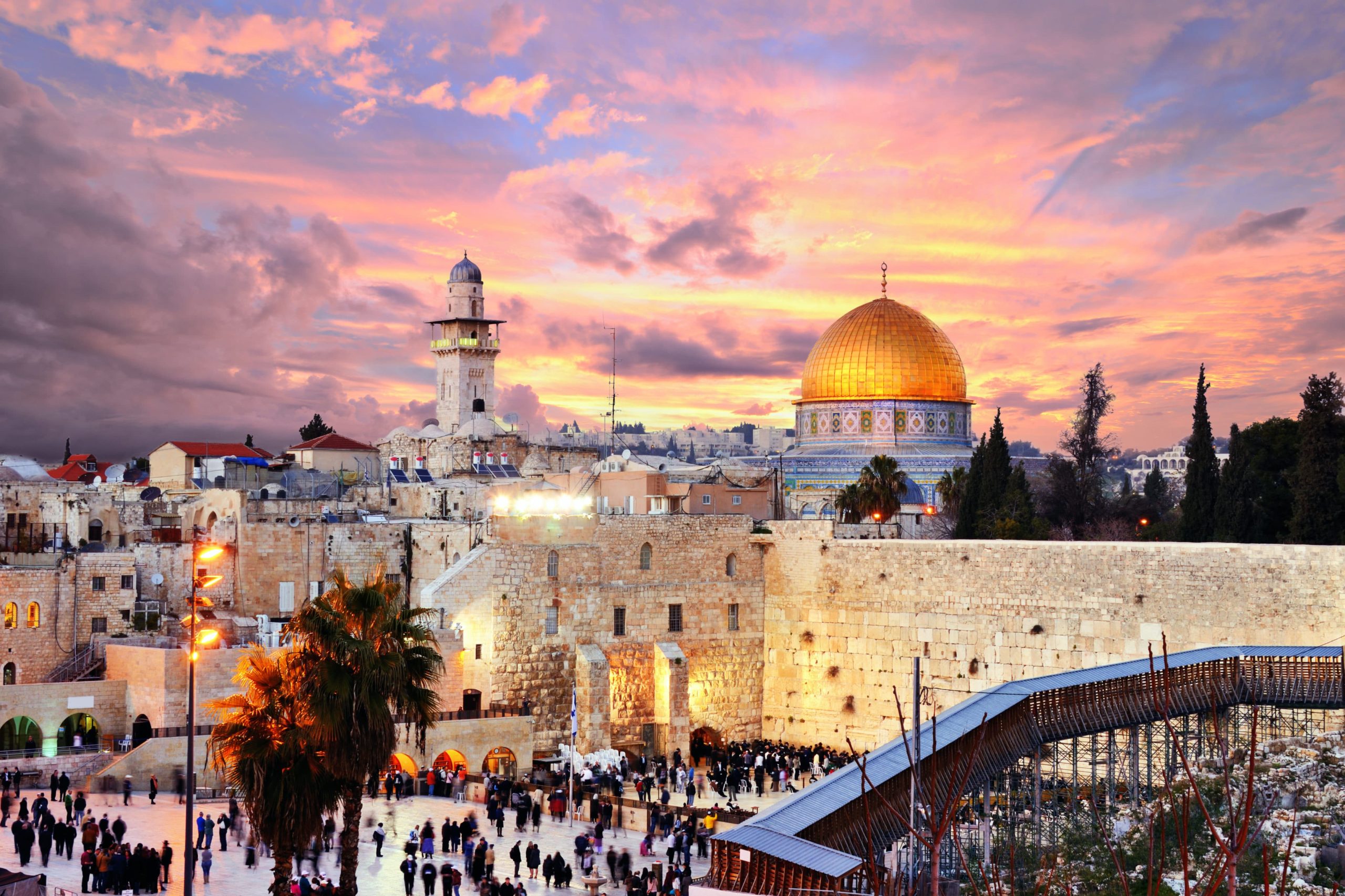
Cannabis Becomes Kashrut: Israel and the Orthodox Conversion
Israel is the most advanced medical cannabis market in the world thanks to groundbreaking research by Israeli scientists. There are over 100,000 patients with valid cannabis licenses. Additionally, there is evidence that Jews have been using cannabis for religious reasons for millennia.
But until now, modern Orthodox or even slightly less practicing Jews – both in Israel and beyond – have been suspicious of the use of cannabis, even as a medicine. And when it comes to such decisions, Israel usually has the last word.
The reason? Medical cannabis had not previously been certified kosher – or kashrut – in Israel (although trials are increasing in the US). The term “kosher” refers to regulations that forbid devout Jews to eat certain foods and require others to be prepared in a certain way—that is, according to Jewish law.
This has now changed. A kashrut certification for the Seach Medical Group was issued – and the company was also discovered to be publicly traded. While this hasn’t helped the company’s stock performance, it could well herald a new day in Israel and beyond for medical cannabis brands with the right certifications and market reach. Indeed, more Jewish people – including the Orthodox – may be inclined to use medicinal cannabis. If a product is kosher, they can even consume it on Shabbat (holy days) and other religious holidays.
Is cannabis kosher?
This is a big problem on the cannabis front (and not just in Israel). It is also complicated by the gray areas created by legalization. For example, some practicing Jews would not use cannabis — especially if it contains THC — on Shabbat (the weekly holy day that lasts from Friday sunset to Sunday morning). In life and death situations, Jewish law does not require medication to be labeled kosher, but it is usually preferred and recommended that any medication be certified as such.
Now that a cannabis company has been certified kosher in Israel, the doubts can end.
This will (of course) not only increase the use of medicinal cannabis domestically, but also open up the discussion outside the country. Starting with the US
Type the words “kosher” and “cannabis” into your browser and you’ll see that there’s already a trend in the US (starting with California). This is also a conversation in New York.
How could this certification be added to create a different but highly accurate test of purity and health? Not to mention creating a unique branding and market entry opportunity?
Does Cannabis Need Kashrut Certification?
As a plant, cannabis is not something that would normally require Kosher certification. This is a seal of approval bestowed by a rabbinic body that verifies the ingredients, manufacturing process, and manufacturing facility. Think of it as a sort of Talmudic GMP meets ISO.
It is usually applied to meat and places where food is processed. However, it is also used in medicine.
The significance in Israel, of course, is that both the pharmaceutical and edible markets can now be certified kosher. This will no doubt lead to additional sales as large new percentages of the population can participate. According to the latest reports from the Israeli government, the majority of the country describes itself as religious. 42 percent of the population describe themselves as secular.
In the United States, this means that beyond any state (and presumably federal) certification for cannabis, any business hoping to reach the Jewish market in states like New York would do well to consider this type of certification .
The Global Jewish Cannabis Market
Walk into any major German grocery store these days and you will find a special kosher section. In fact, Jews throughout Germany import the wine made by New York State to use in their ceremonies.
There is a huge niche global market for kosher products – with only a few destinations outside of Israel.
This starts with the US (and right behind the UK).
In the US, 2.4% of the population is Jewish, and 21% of New York identifies as such – the largest concentration of Jews outside of Israel. California comes second with about 1.5 million Jews, with Florida, New Jersey and Pennsylvania rounding out the top five states.
This is a target population. And now, thanks to the rabbinical approval of a cannabis drug in Israel, that conversation can be had around the world.

Post a comment: